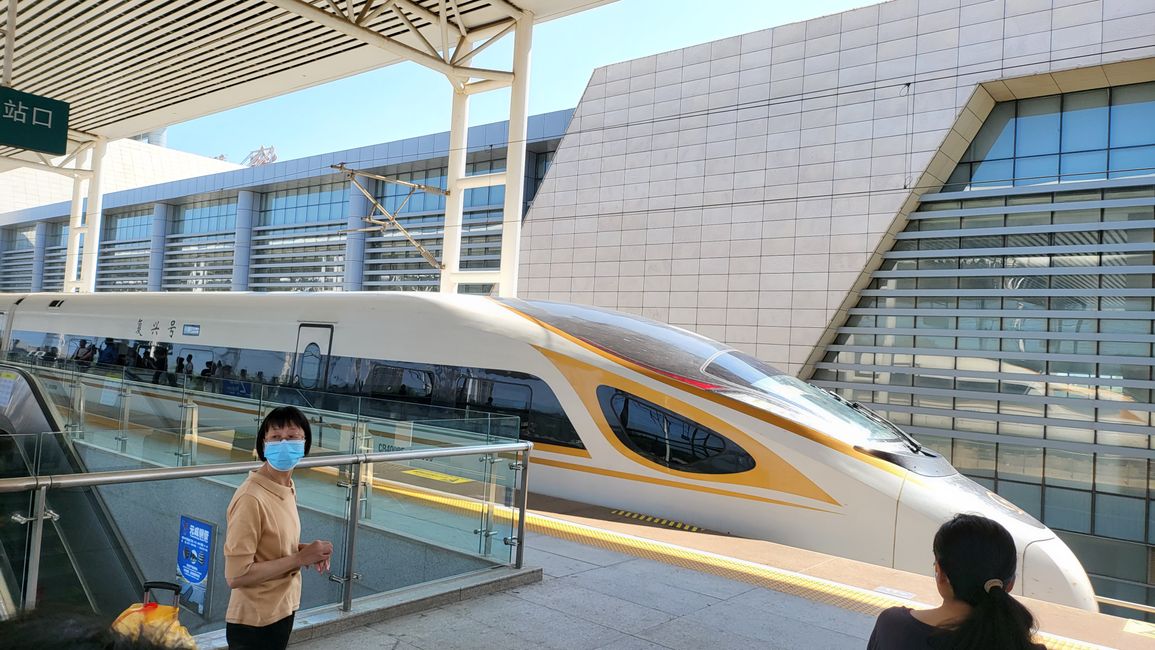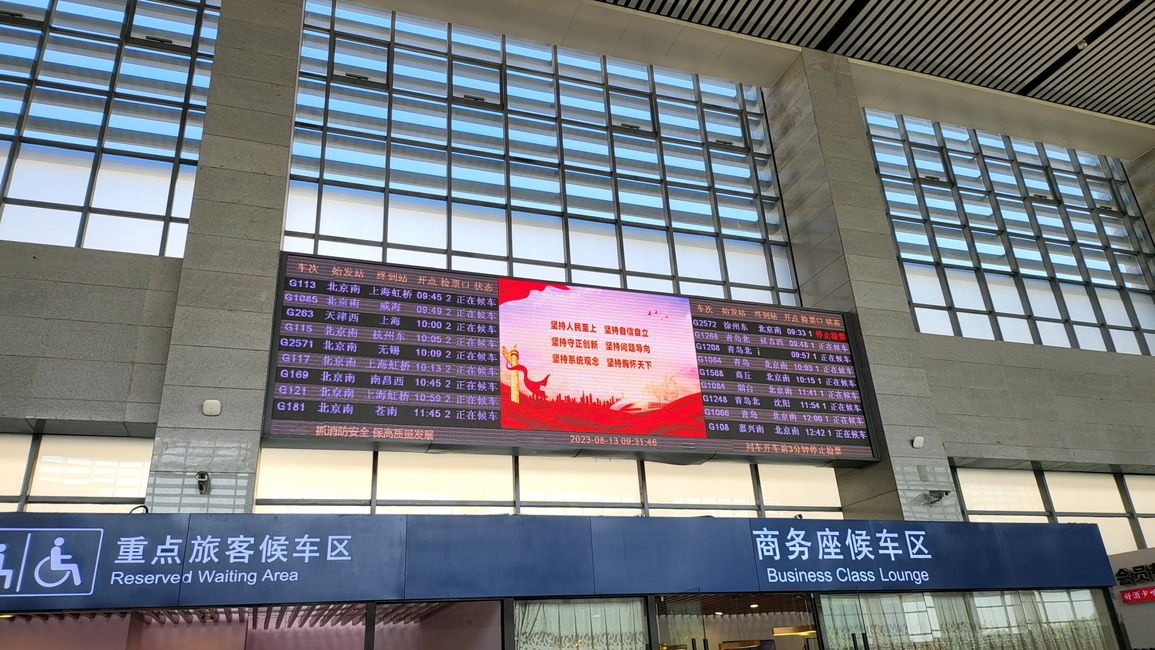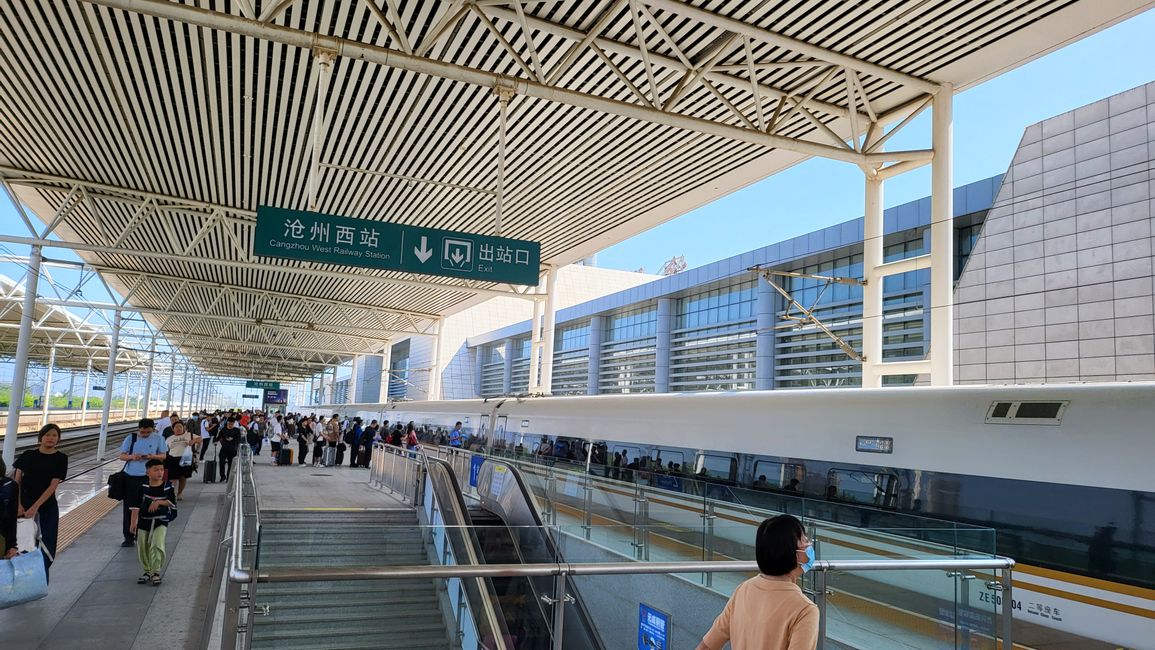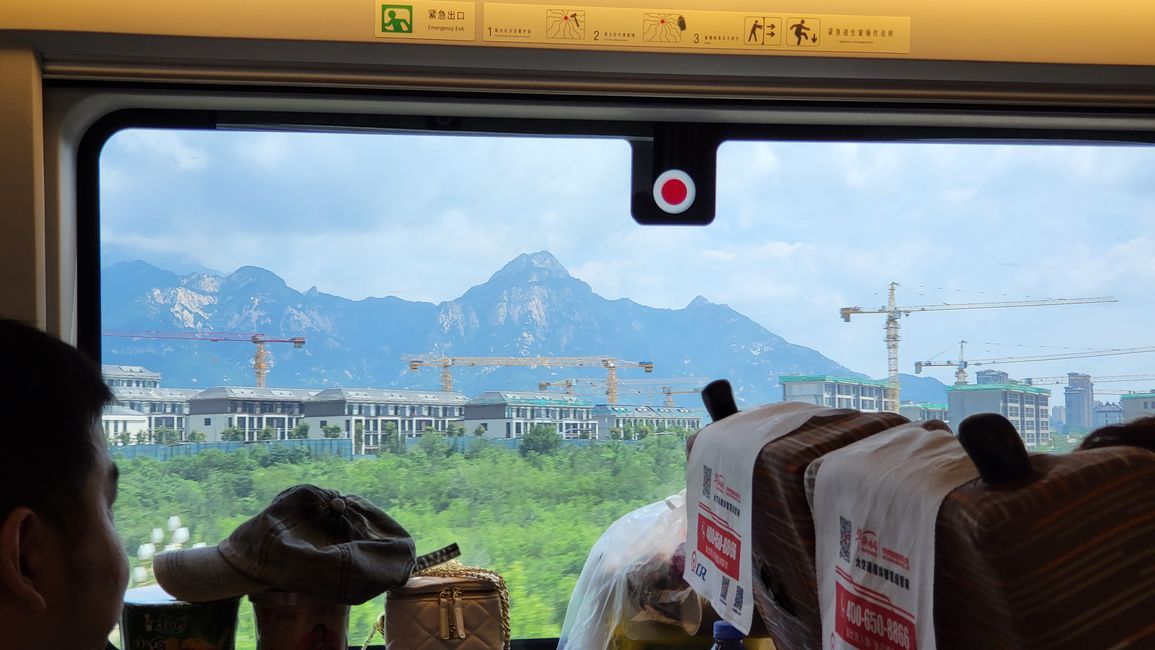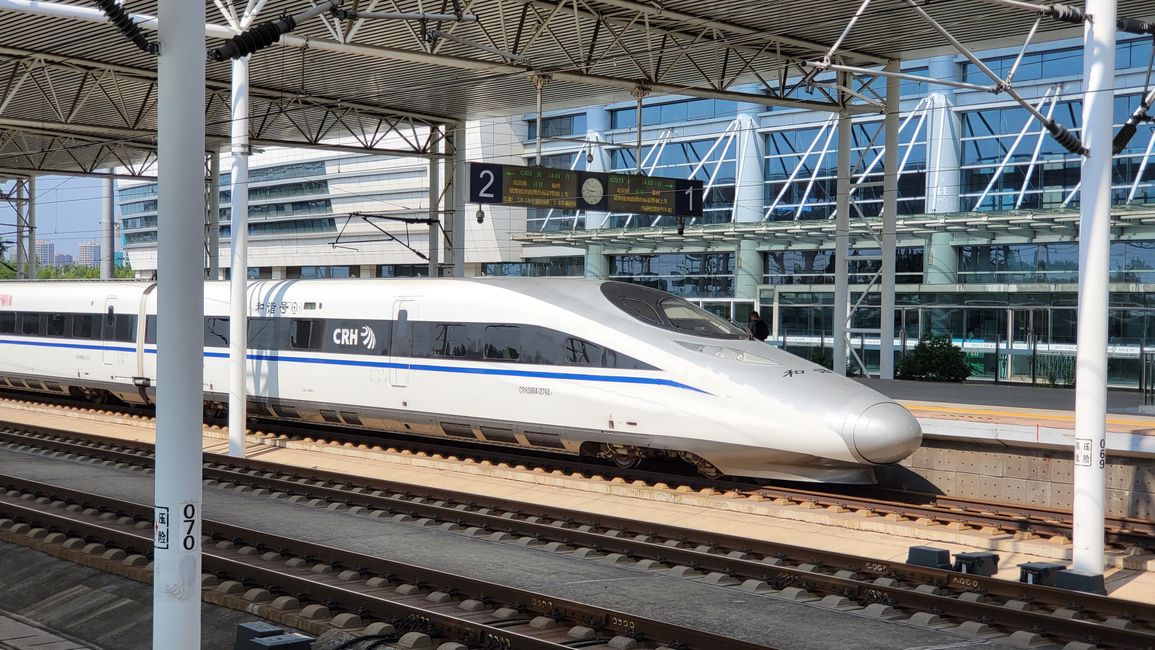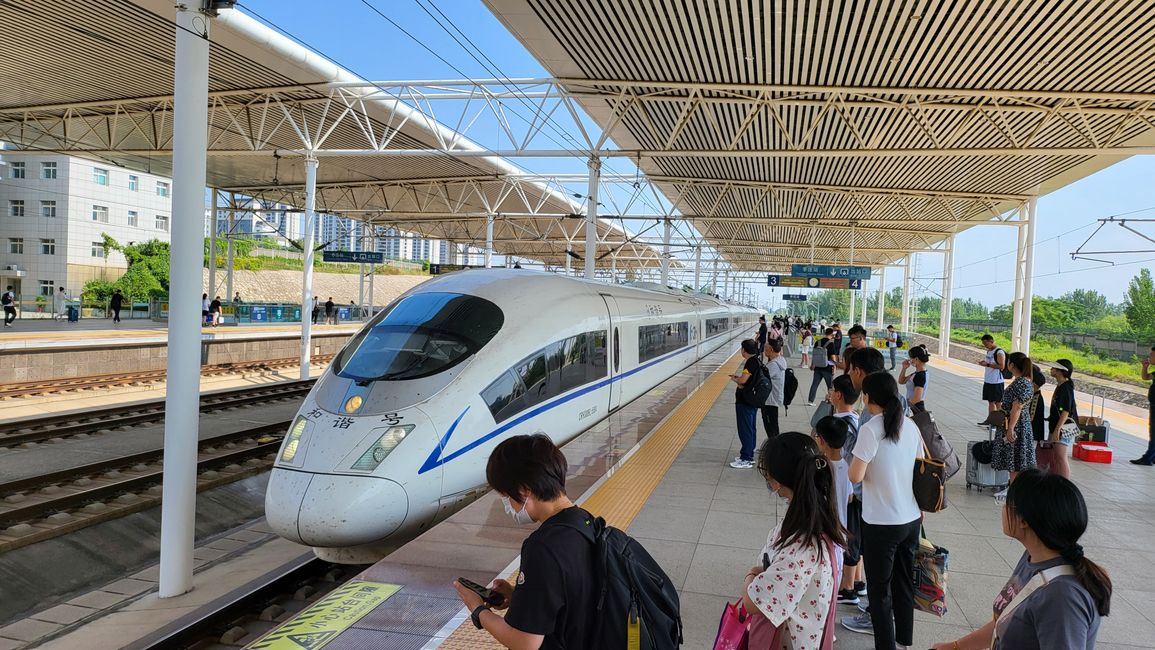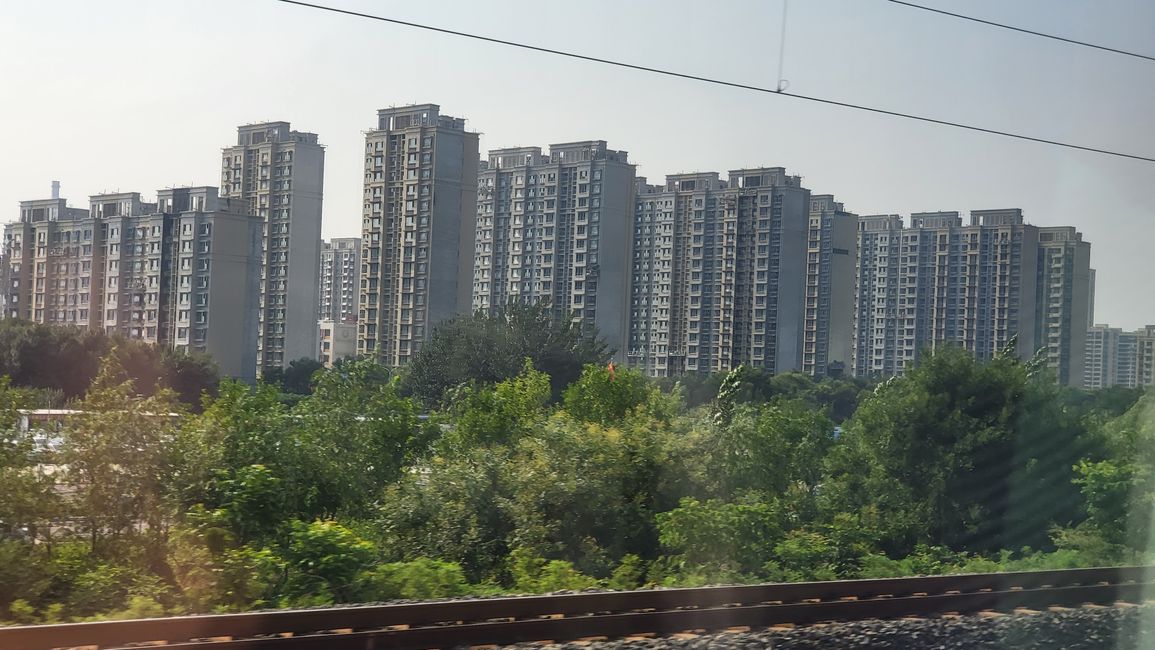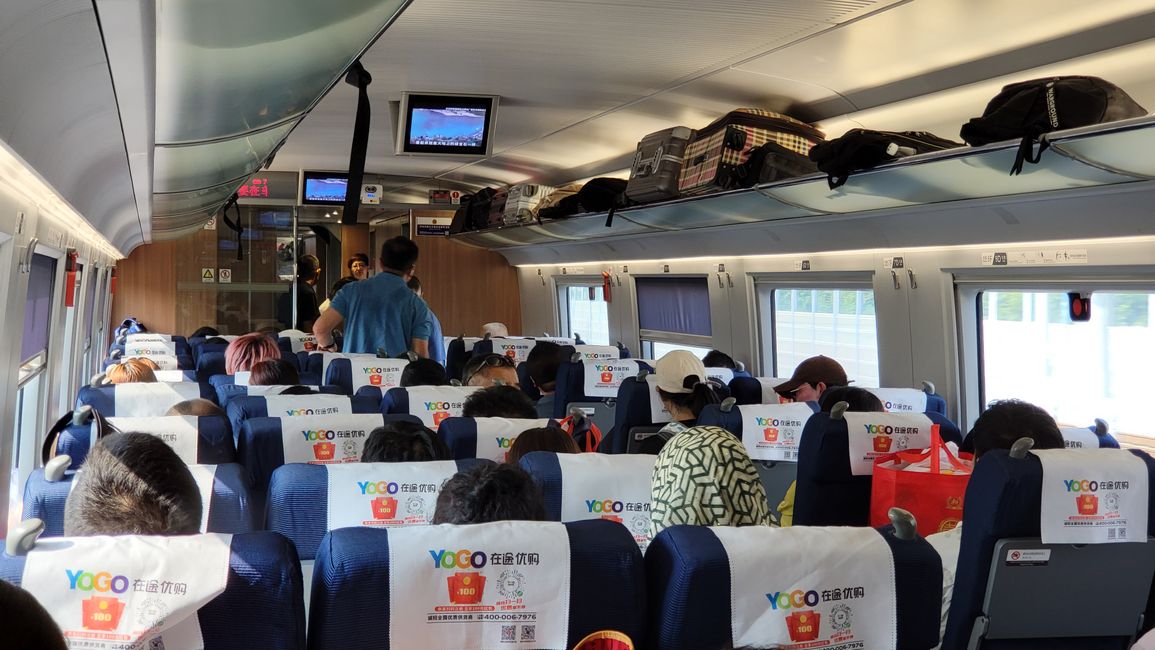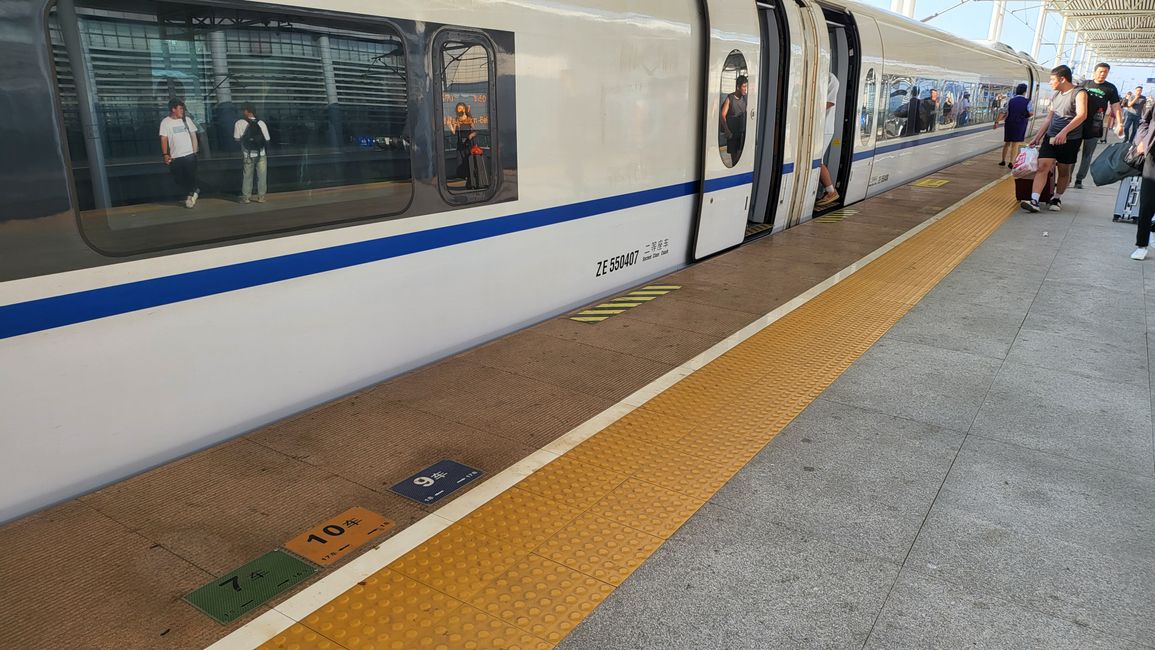Train Journeys in China
Published: 14.08.2024
China has managed to establish a high-speed rail network spanning 42,000 km within 15 years. In comparison, all of Europe has only 12,000 km of track. This demonstrates who is leading in replacing short-haul flights and consequently supporting climate protection. The punctuality rate is outstanding, with over 98%. German Rail's long-distance services lag at a punctuality rate of 65%, which is more akin to a developing country.
In China, there are dedicated stations for high-speed trains, often located on the outskirts of cities and named after cardinal directions. Cangzhou, for instance, has a city station and an additional station for high-speed trains called Cangzhou West (Cangzhouxi). At these stations, check-in is similar to that at an airport. First, you must go through a security check at the entrance. I had various issues during this process. A mosquito repellent was confiscated, while my shaving gel did not pass security on the return trip. Since I had no checked luggage, which typically allows such items on flights, my shaving gel was sent back home by post. My knife from my emergency cutlery was allowed on the outbound trip, but on the return, the blade was deemed too long.
At the station, trains are displayed on a boarding board for which the platform is released. This has the advantage of preventing crowding by waiting passengers on the platforms. Additionally, a color indicates the type of train being utilized. Color markings on the platform correspond to where each car number will stop. In the photo below, this means: If my train is marked with
Answer
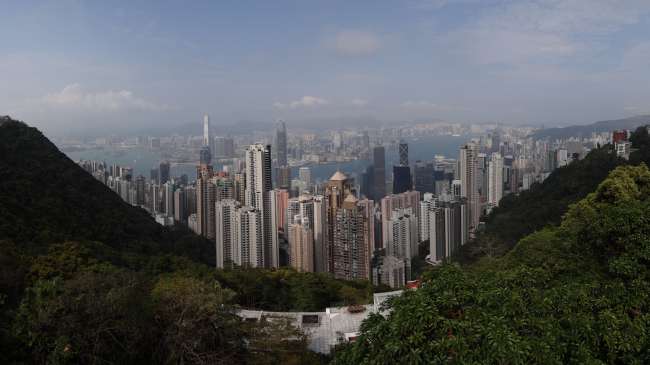
Travel reports China


